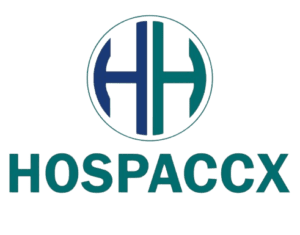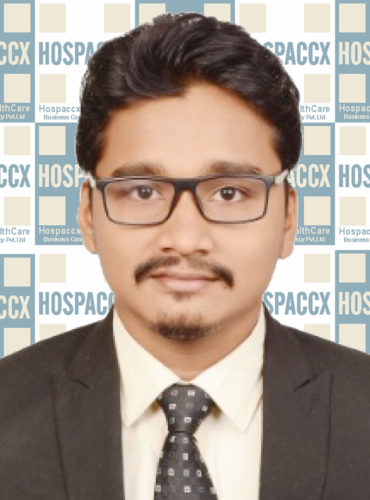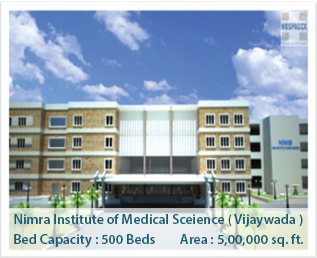Are you planning to build or restructure or venture in Neurology in India? Looking for information about the major healthcare players in Government and Private centres that are available in India? Are you looking to find out which part of the city’s is best to venture in or what all facilities are available and what all should be planned for new setup? In this article Hospaccx Healthcare Consultancy has mapped all on major players in terms of Neurology market scenario in India.
Below is a superficial and macro level survey. If you need a refined market and financial feasibility or any other study related to healthcare, you can contact Hospaccx Healthcare business consulting Pvt. ltd on hospaccx.india@gmail.com Or you can visit our website on https://hospaccxconsulting.com/
Introduction
The burden of neurological illnesses is rising quickly as the world’s population ages, posing a threat to the sustainability of health systems, notably in low and middle income nations. Due to the country’s rapid demographic and epidemiological transformation, the burden of neurological illnesses is also anticipated to rise in India.
There are 970 million people worldwide who are affected by 12 mental health problems, according to the Global Burden of Disease. That equates to one in eight people on the planet.
Indian market
According to estimates, 30 million Indians experience severe neurological diseases each year. The most prevalent are headaches which affect 10–12 million people. Strokes which affect 1-2 million and epilepsy which affects 6–8 million people.
Additionally, the leading documented cause of neuropsychiatric fatalities is epilepsy.
According to the World Health Organisation, stroke is one of the top five killers in India, accounting for 1.5 million cases yearly, of which at least one-third result in disability.
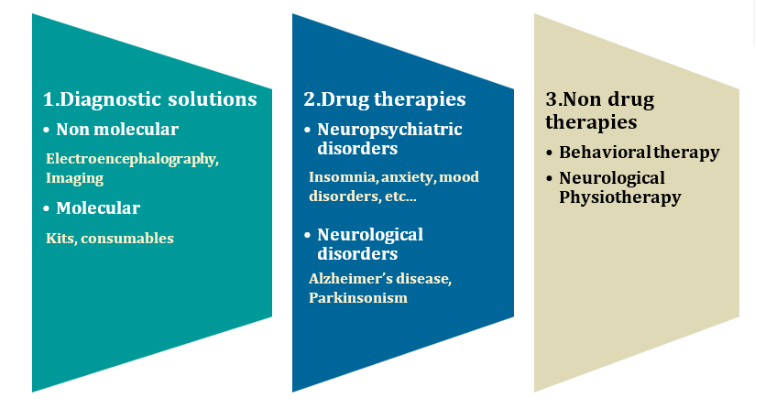
The 3 areas that tremendously has the scope of boosting the market is depicted in the above figure.
By 2050, India will account for 80% of all stroke cases worldwide. According to the statistics, India’s need for neurologists and facilities for neurodiagnosis is growing.
Market growth drivers
- Increasing neurological disease prevalence
- Increasing investment in medical devices like neurostimulation device, neuromodulation
- Increasing healthcare spending
- ICMR and Department of Health Research (DHR) are working in synergy with various IITs to develop products and technologies to facilitate various government schemes. Through this collaboration, medical device production is anticipated to increase and boost the market growth.
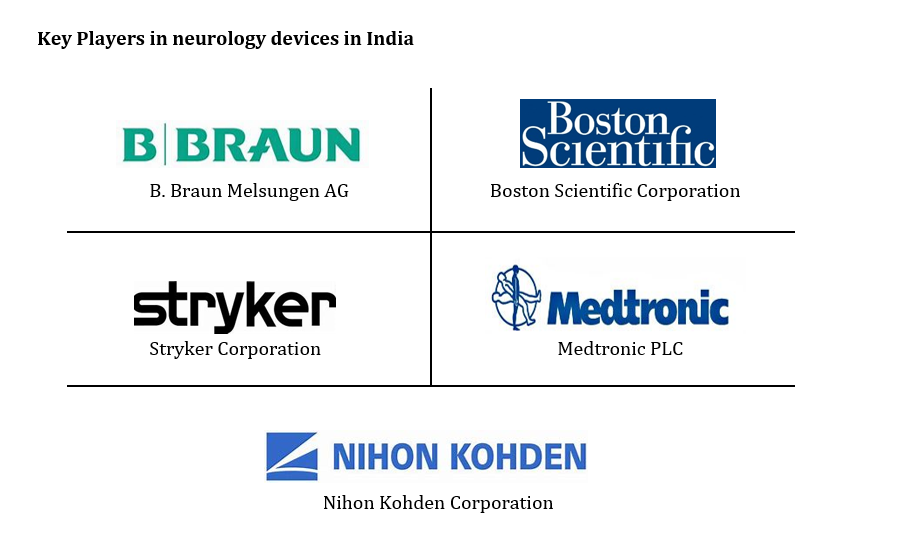
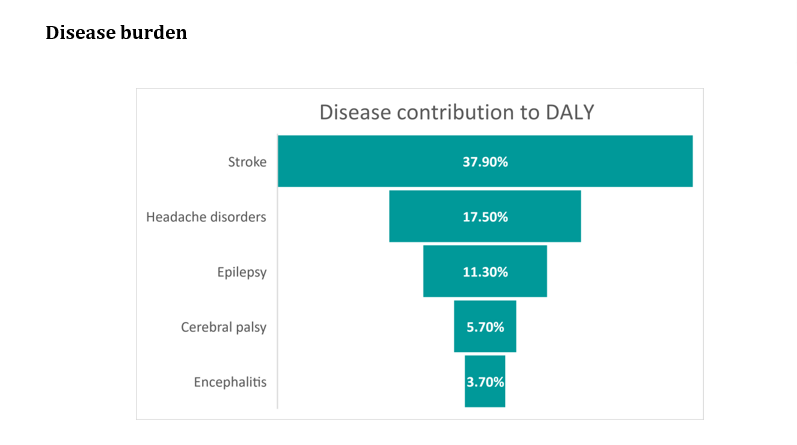
The largest contributor to neurological disorder DALY is stroke (37.9%), followed by headache disorders (17.50%).
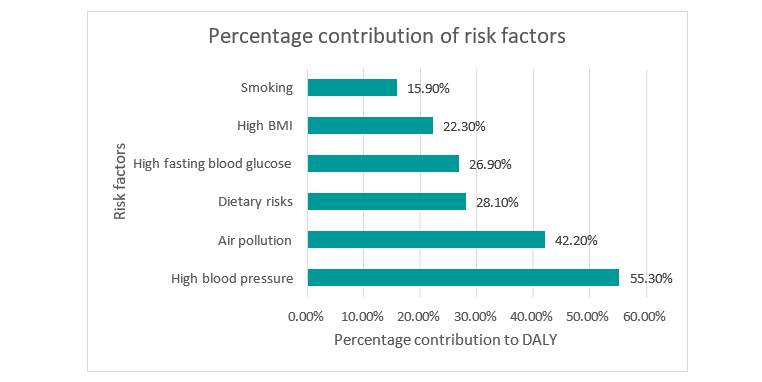
There are numerous risk factors that contribute to neurological diseases. The risk factors are smoking, high BMI, high blood glucose, dietary risks, air pollution.
MAJOR NEUROLOGY HOSPITALS IN INDIA
- Institute of Neuroscience Hospital, Kolkata
The hospital was established in 2005. The hospital has 210 beds and provides 24/7 emergency care for brain-stroke patients. It has 50 ITU beds, 4 operating theaters and 1 cath lab. The hospital performs over 4000 surgeries annually with the help of state-of-the-art equipment.
- Max Neuro Hospital, Pimpri, Maharashtra
It was established in 2005. The hospital is dedicated to the treatment of brain, spine and accident patients, with 50 beds including 15 ICU beds, and 2 operating theatres. The hospital has a full-time neuro team that includes two neurosurgeons and a full- time intensivist- anesthetist.
- Brains Hospital, Bangalore
The hospital was established in 2016 and offers neurology, neurosurgery, spine care, and neuro-critical care. The hospital has four chains in Bangalore- Jayanagar 1st block, TMH , Lalbagh Road and Siddapura.
- Bangur Institute of Neurosciences, Kolkata
It was established in 1962 and has 2 operating theaters and an 8-bedded neuro intensive care unit. The hospital has specialty clinics for the management of neuromuscular disorders, dementia, epilepsy, movement disorders, pediatric neurology, and stroke patients. The hospital also has a neurogenetics laboratory, which is the first government set-up in Eastern India.
- National Neurosciences Centre, Kolkata
The hospital was established in 1997 and has a bed capacity of 195. The hospital was built to cater to the needs of Eastern Indian people and has received recognition and resource backing from the American Association of Neurological Surgeons and the Congress of Neurosurgeons. The hospital has an 18-bedded monitoring facility with video surveillance for patients in their recovery stage.
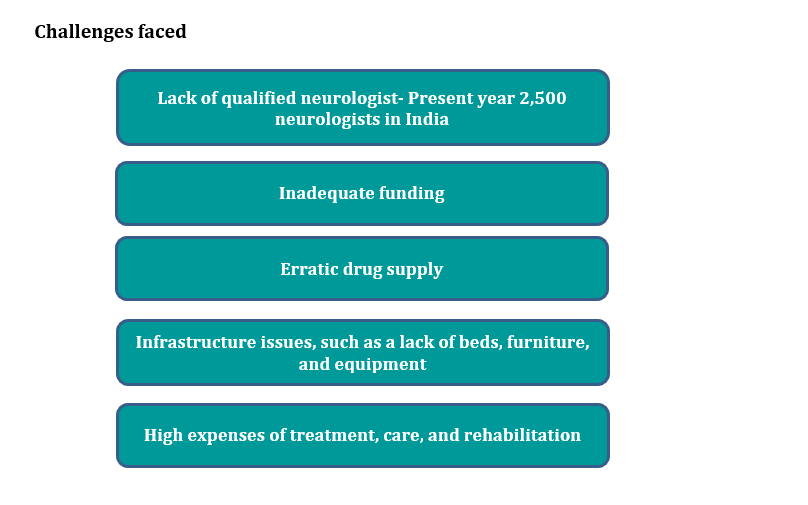
The severe lack of skilled neurologists in India is the primary cause of the neurology labour shortages, indicating the need for more training facilities.
The underutilization of existing neurology services is also a result of demand-related variables, such as poor public perceptions of the public’s need for care, travel time to medical facilities, and high expenses of treatment, care, and rehabilitation.
Conclusion
Given the significant state-level variation in the burden of many neurological disorders and the growing importance of non-communicable and injury-related neurological
disorders to India’s overall disease burden, state-specific health system responses are required to close any gaps in neurology services related to education, early detection, treatment, and rehabilitation. Prioritizing the expansion of the health care system’s provision of neurology services should be a top priority. To improve the early identification, detection, and rehabilitation of neurological illnesses, it is important to take into account the significance of creative, interdisciplinary, community-based therapies.
Above is the superficial and macro level study for in-depth market and financial feasibility studies or any other healthcare-related research needs, please feel free to reach out to us at +91-8655170700 or email us at hospaccx.india@gmail.com . Our team is equipped to provide comprehensive and detailed insights tailored to your specific requirements.
